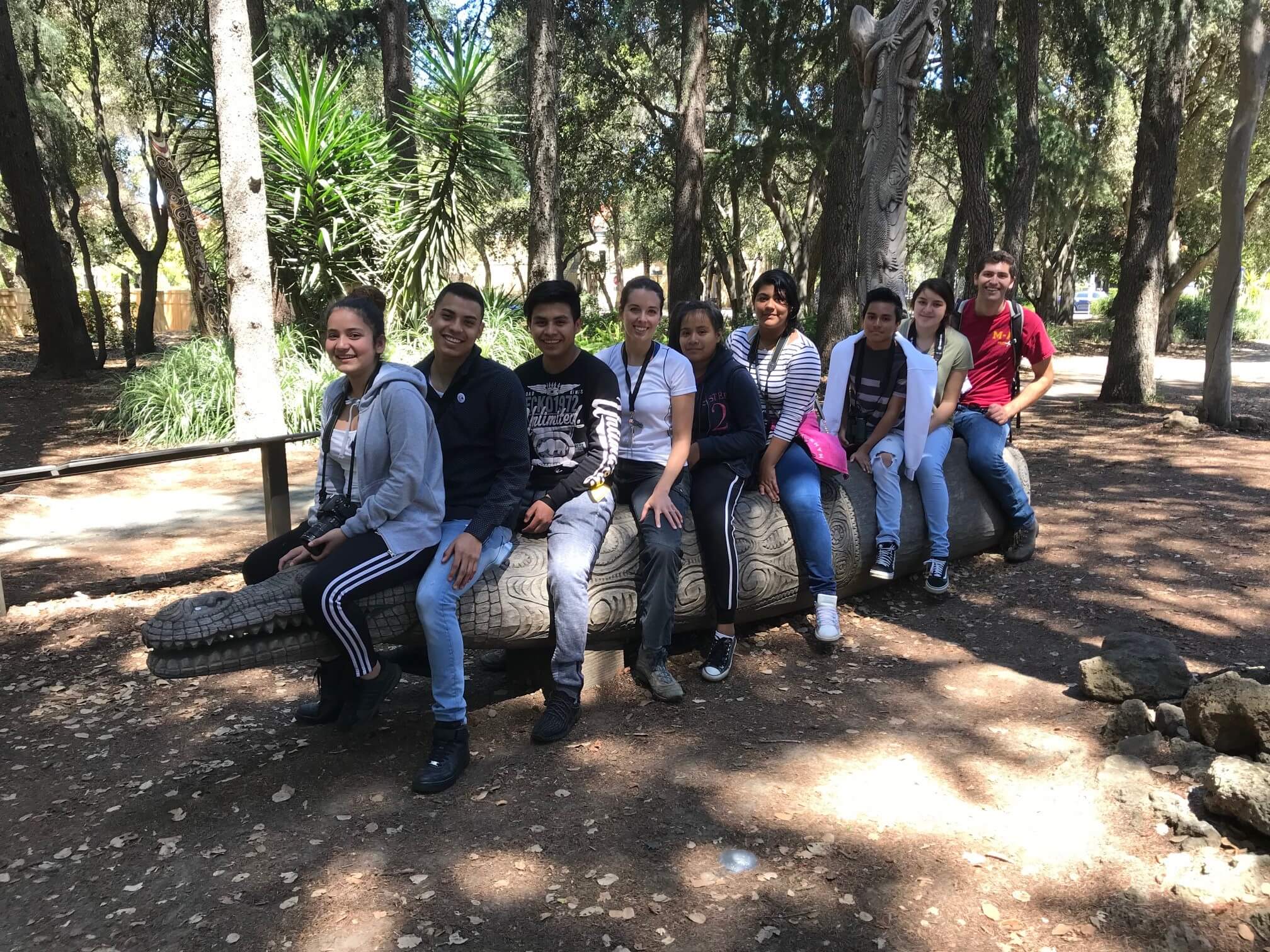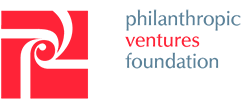Bay Area Inspire Awards: Menlo-Atherton Ecology Research Outdoors (MERO)
Guest blog post by Ahzha McFadden, 2018 Bay Area Inspire Awardee
At the start of 2018, Philanthropic Ventures Foundation (PVF) awarded grants to six young Bay Area residents with fresh ideas for building better communities. These awards were made possible through the Bay Area Inspire Awards, which provides $5,000 grants to 18-30 year olds living in San Francisco, Alameda, and San Mateo Counties. Below is a report written by one of these awardees, Ahzha McFadden, who used her award to expand an after school science program (that she started last year) aiming to provide a fun and supportive community for high school English Language Learners and help them develop the academic and communication skills needed to excel in high school and beyond.
Founded in 2017, Menlo-Atherton Ecology Research Outdoors (MERO) is a free, after-school environmental education program for high school English Language Learners. This year-round program engages the San Francisco Bay Area’s most disadvantaged students in real, hands-on ecological research in an outdoor setting. Through regular field trips and long-term mentorship, MERO provides a fun and supportive community for underserved teens while helping them gain the academic, communication, and life skills needed to excel in high school and beyond.
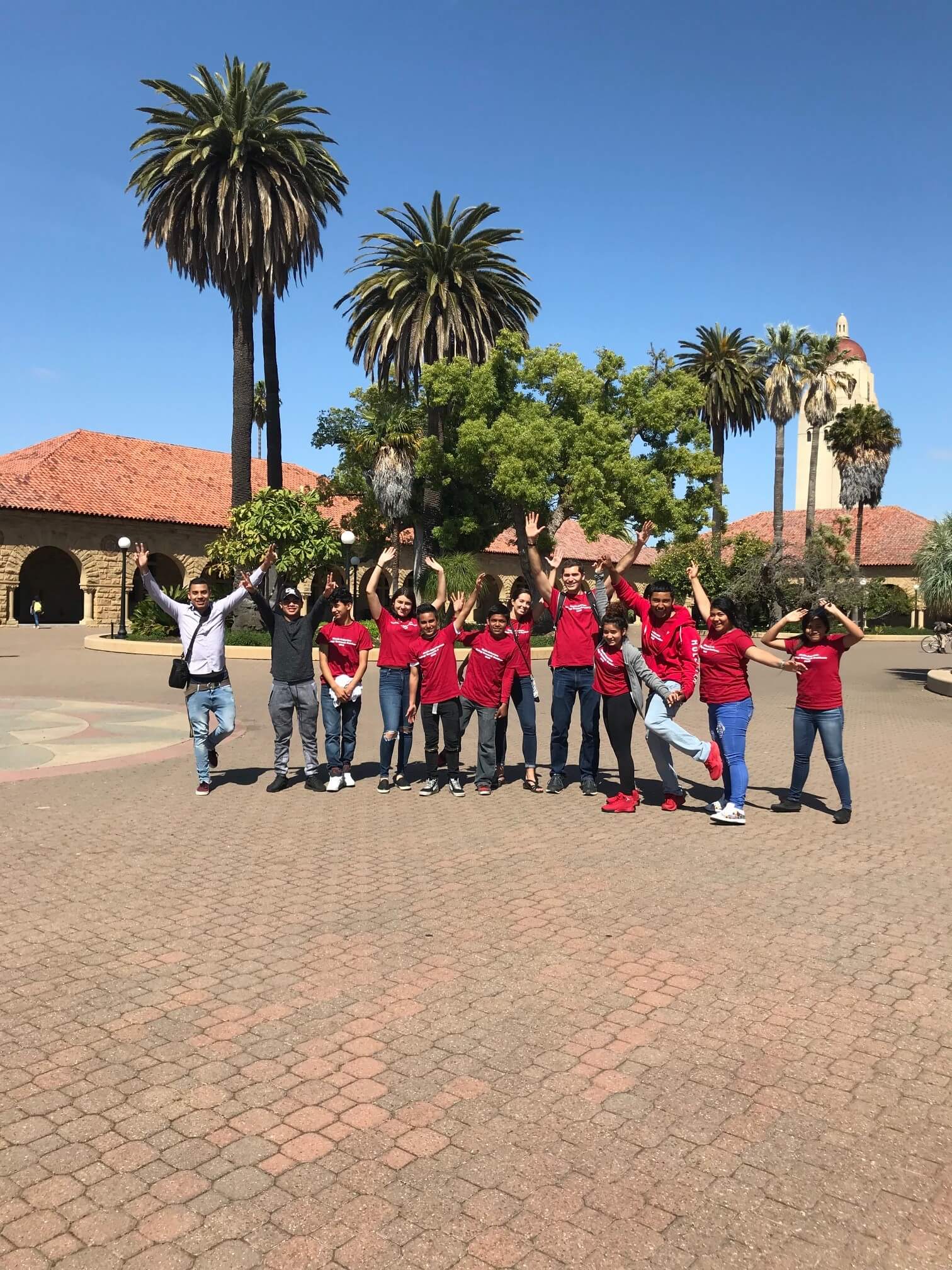
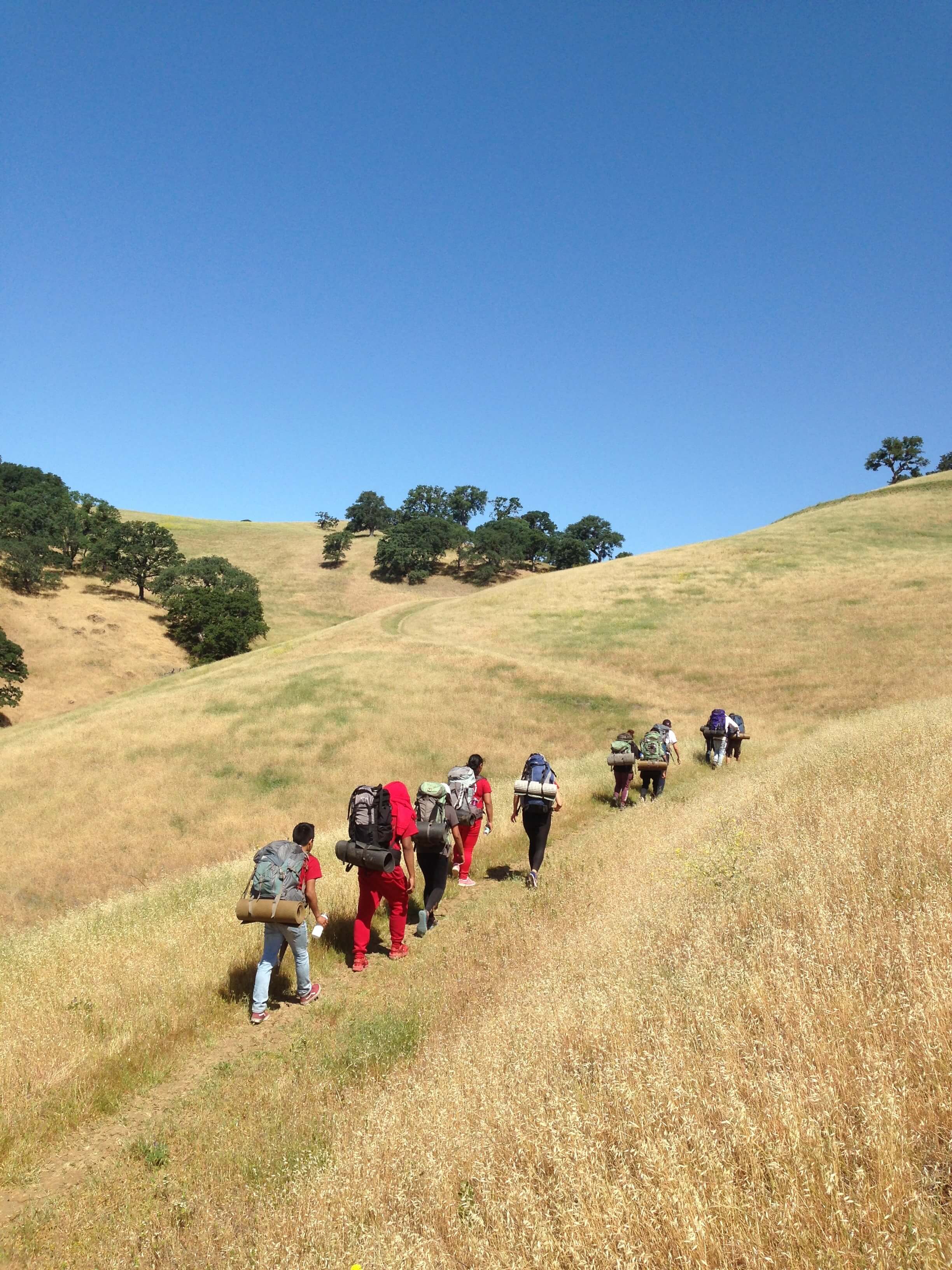
Our story
As a history teacher at Menlo-Atherton High School (MAHS), I teach students from all different backgrounds. One of my favorite, yet most challenging groups to work with is my Limited English Proficiency class, made up entirely of recent immigrants to the United States. I started teaching at MAHS during the lead-up to the 2016 presidential election, a time of widespread anti-immigrant rhetoric. What I saw every day in my classroom didn’t align with the portrayal I saw in the news, and I realized these students had important stories that could contribute to the national discussion. That’s why in October 2016, I started a new class project, in which students created a documentary through which they could share their own immigration stories. Student shared heart-wrenching stories of gang violence and poverty in their home towns, of dangerous journeys through Mexico on trains and on foot, and aspirations for a better life here in the United States. Time and again, I was struck not only by the resiliency my students showed, but also by the numerous obstacles that riddled the path towards that better life they dreamed of. During the making of this student documentary, my husband Tyler was a frequent volunteer in my classroom. We spent long hours talking about the stories we heard, and the need for more support systems for these students. It was these discussions that sparked the idea for MERO and continue to provide the inspiration for the work we do.
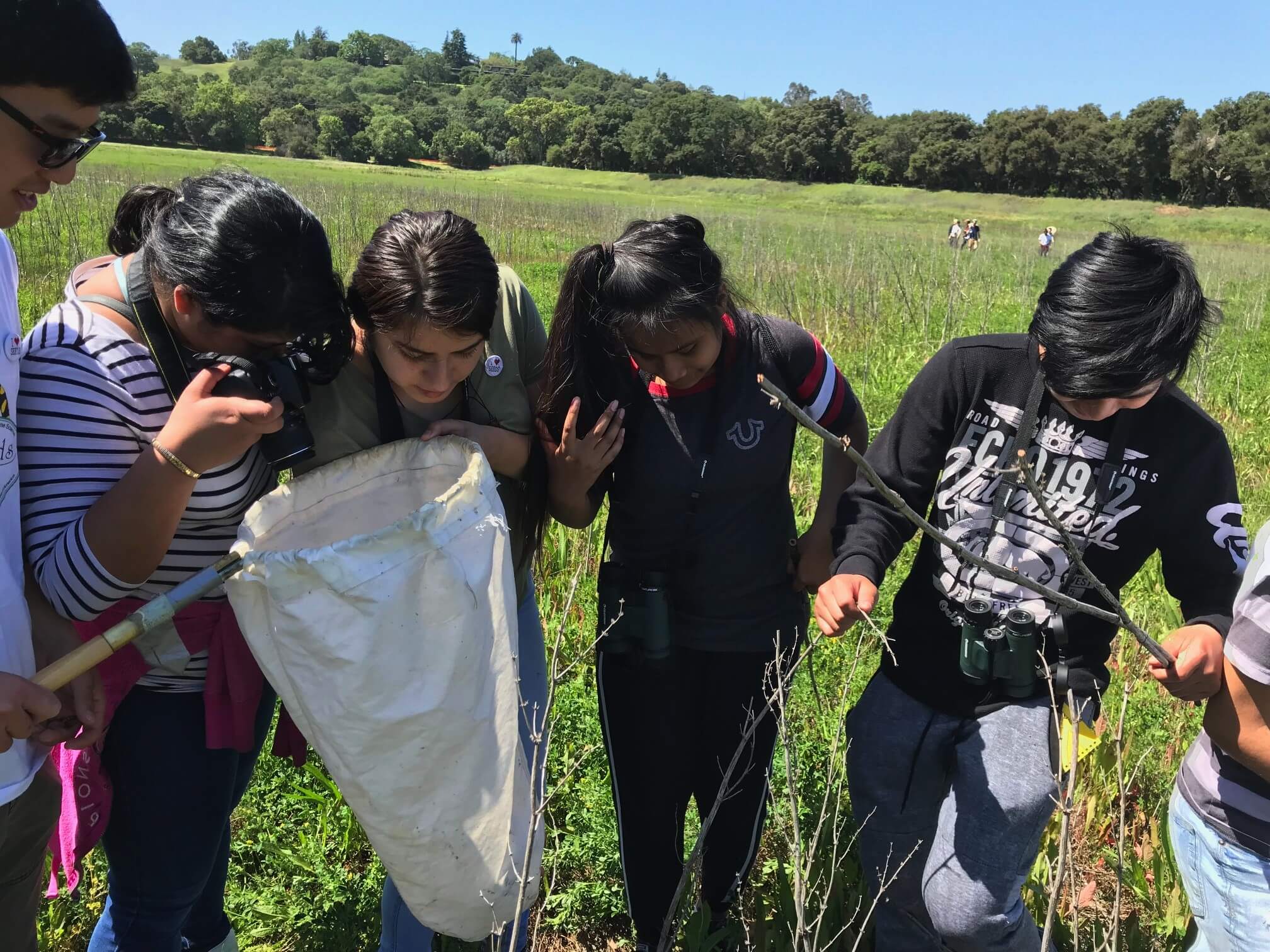
About MERO
MERO began in 2017 as an after-school environmental education program to help English Language Learners gain the academic skills needed to graduate high school, but quickly evolved into something much more. It became apparent that MERO students needed more than academic skill building – they needed a community, positive role models, and opportunities to explore their new country and make a better life for themselves. MERO provides sustained, holistic outdoor programing to empower students and help them overcome the numerous barriers they face.
From February through June, thirteen students participate in biweekly excursions, taking part in hands-on ecological research, hiking, and wildlife viewing. These outings include six visits to the Jasper Ridge Biological Preserve, a world class research facility where students learn to ask scientific questions and document their work through photography and nature journaling. Other highlights include an overnight backpacking trip and multiple visits to the Stanford campus, including a behind-the-scenes tour of the Stanford Flight Lab, where researchers study avian flight to inspire the next generation of aircraft. The school year ends with an all-day trip to Monterey, CA, where students participate in a wildlife-viewing boat tour on Elkhorn Slough and visit the Monterey Bay Aquarium.
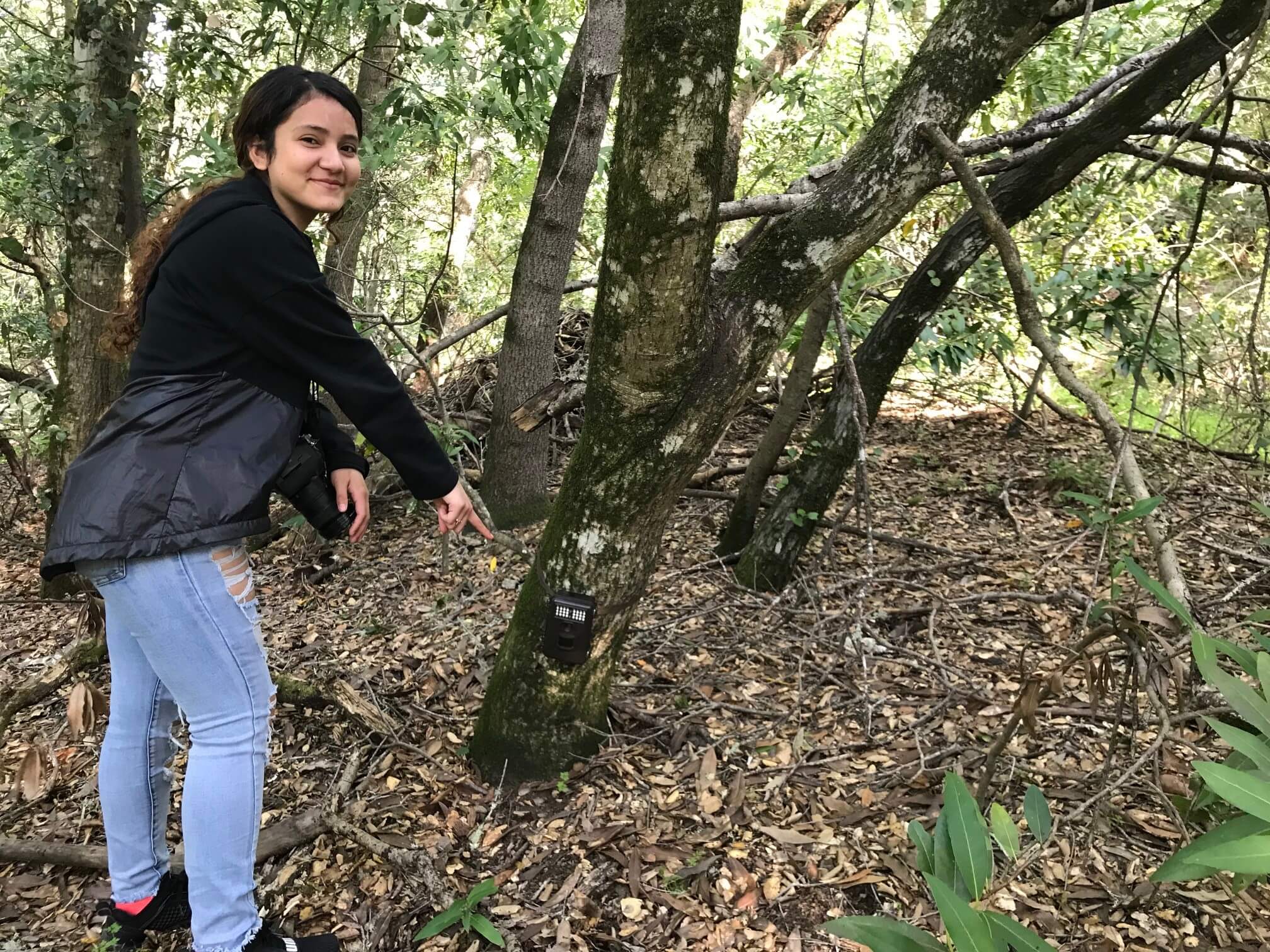
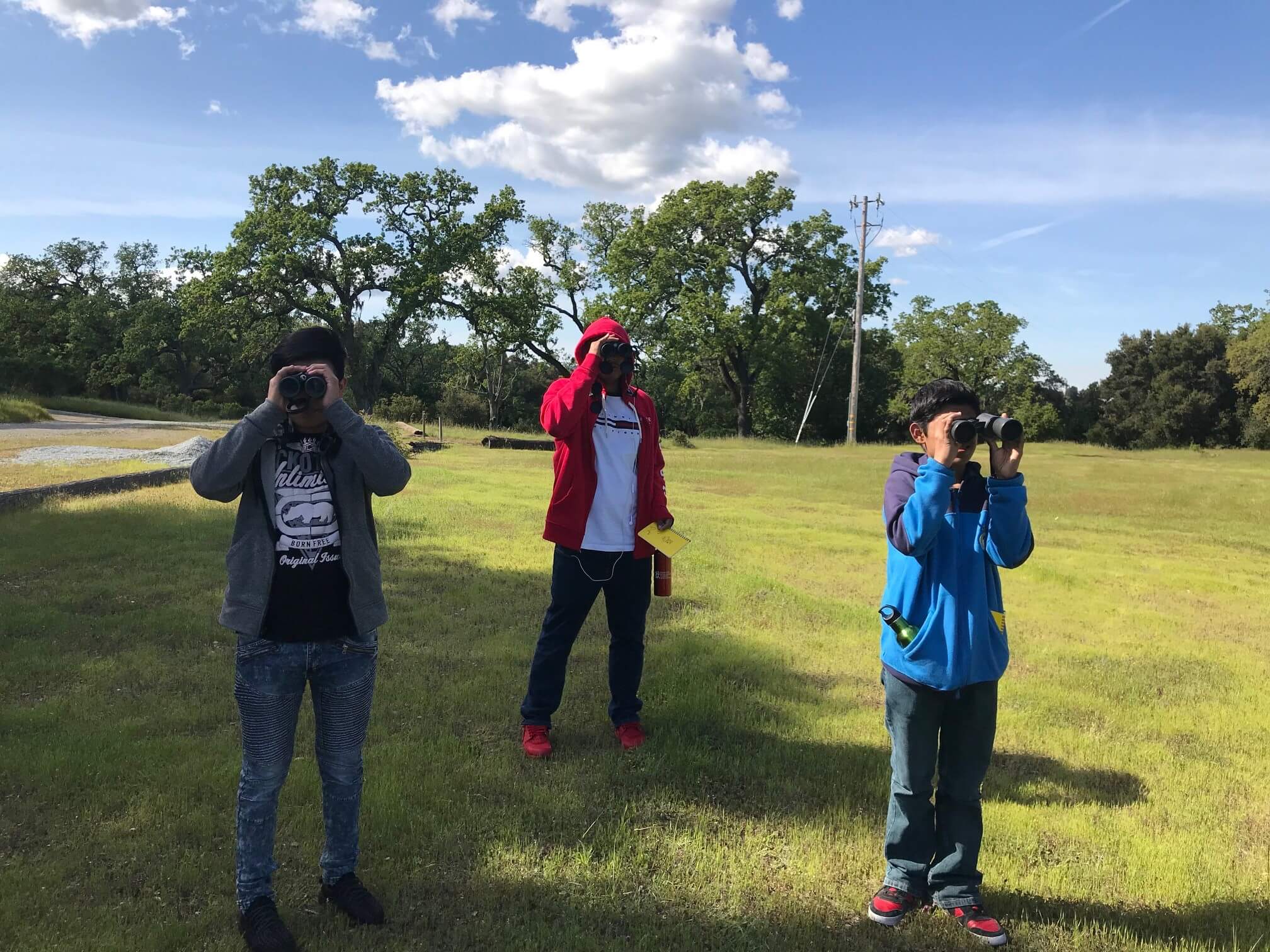
A sustained commitment
The end of the school year doesn’t mean the end of the program. Instead, the tight knit community that MERO develops throughout the spring is nurtured the following school year through additional outings and professional development opportunities. These include additional hikes in the Santa Cruz Mountains, college visits, a resume writing workshop, and individual meetings to discuss student goals and plans for after high school. This year, thanks to the Philanthropic Ventures Foundation and Bay Area Inspire Awards, we were also able to have a 2017 MERO alumnus serve as a peer mentor for the 2018 cohort, providing additional mentorship and support for our students. We are proud of the close relationships that we can build with our students, and enjoy watching them grow and mature. This spring we cheered proudly at commencement as our first MERO student walked across the stage and received her diploma!
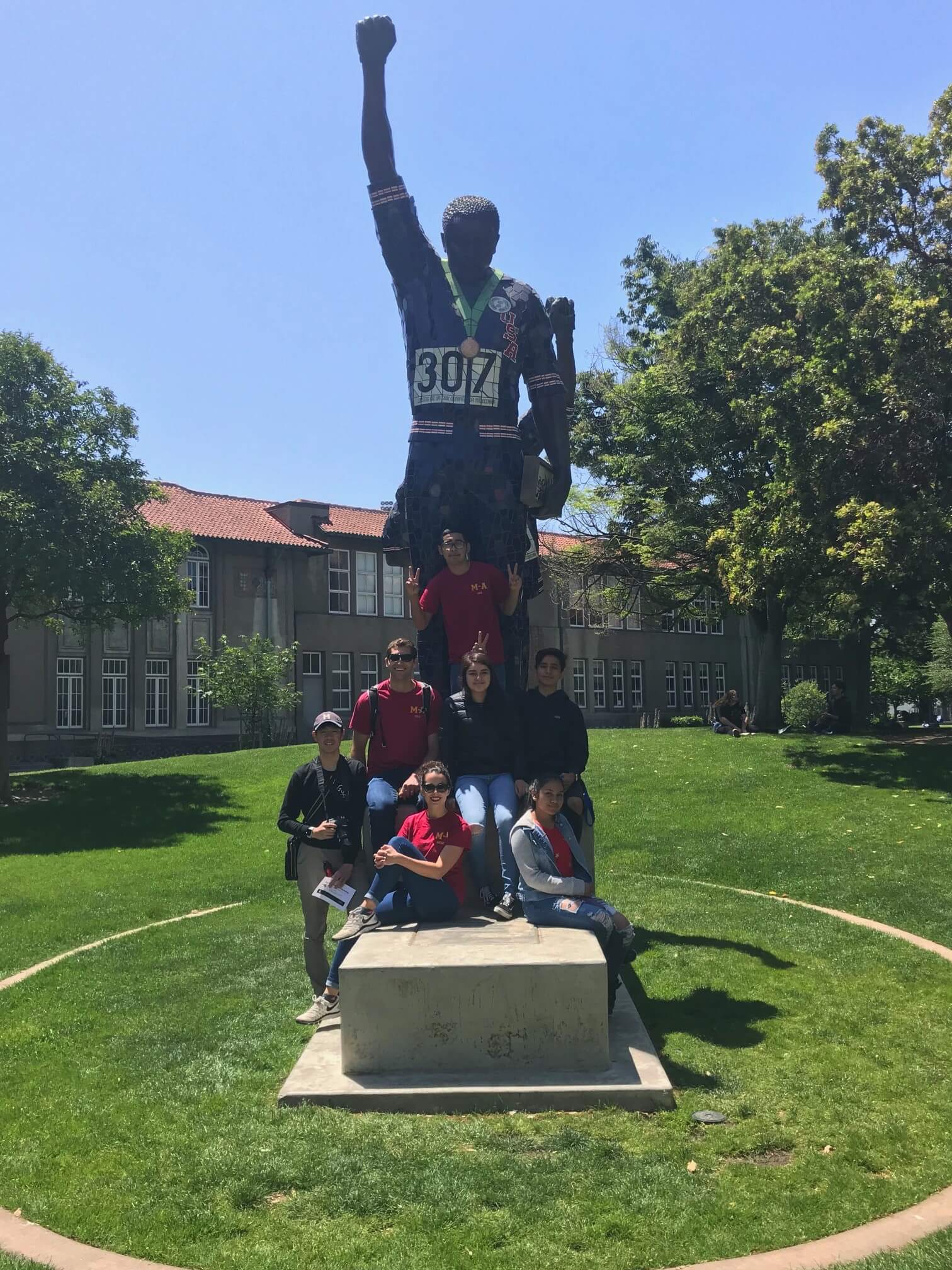
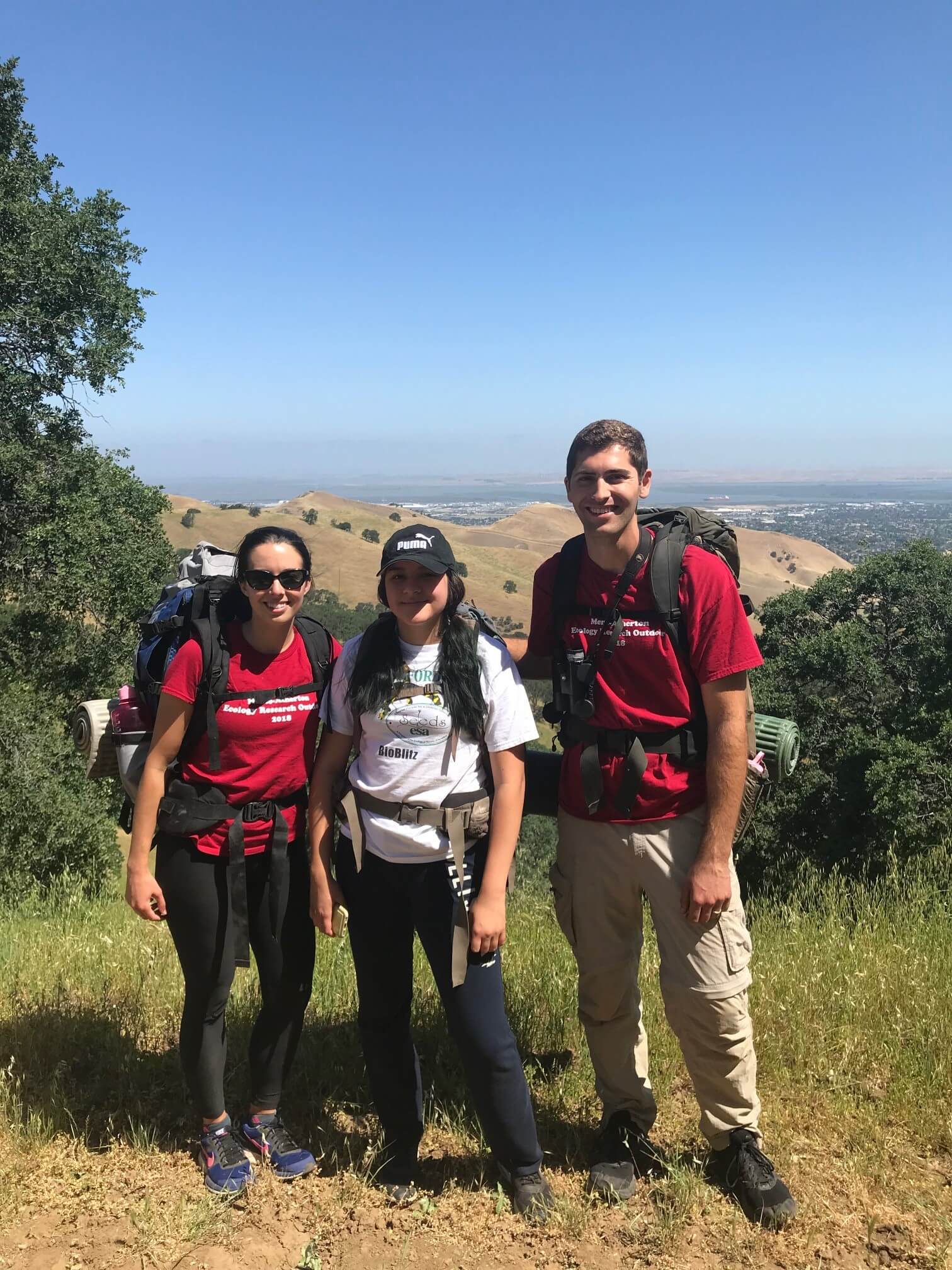
Success stories
MERO’s impact is clearly apparent in the observed reactions of its students – kids, who any passerby might write off as ‘thugs’ or ‘gangsters’, taking pride in identifying a snowy egret, or feeling awe witnessing a flock of turkeys take flight. While impossible to quantify, these moments allow teens who never had a childhood to reclaim wonder at the natural world. In addition to these qualitative outcomes, MERO boasts measureable success in:
- Graduating students: 100% of 2017 participants graduated or returned to school the next fall.
- Reducing disciplinary problems: In both 2017 and 2018, participants received half as many in-school disciplinary actions during the program than they did prior to joining MERO (0.5 vs. 1.1 referrals per student per semester).
- Offering school credit: Students earn 2.5 credits through a partnership with Menlo-Atherton High School.
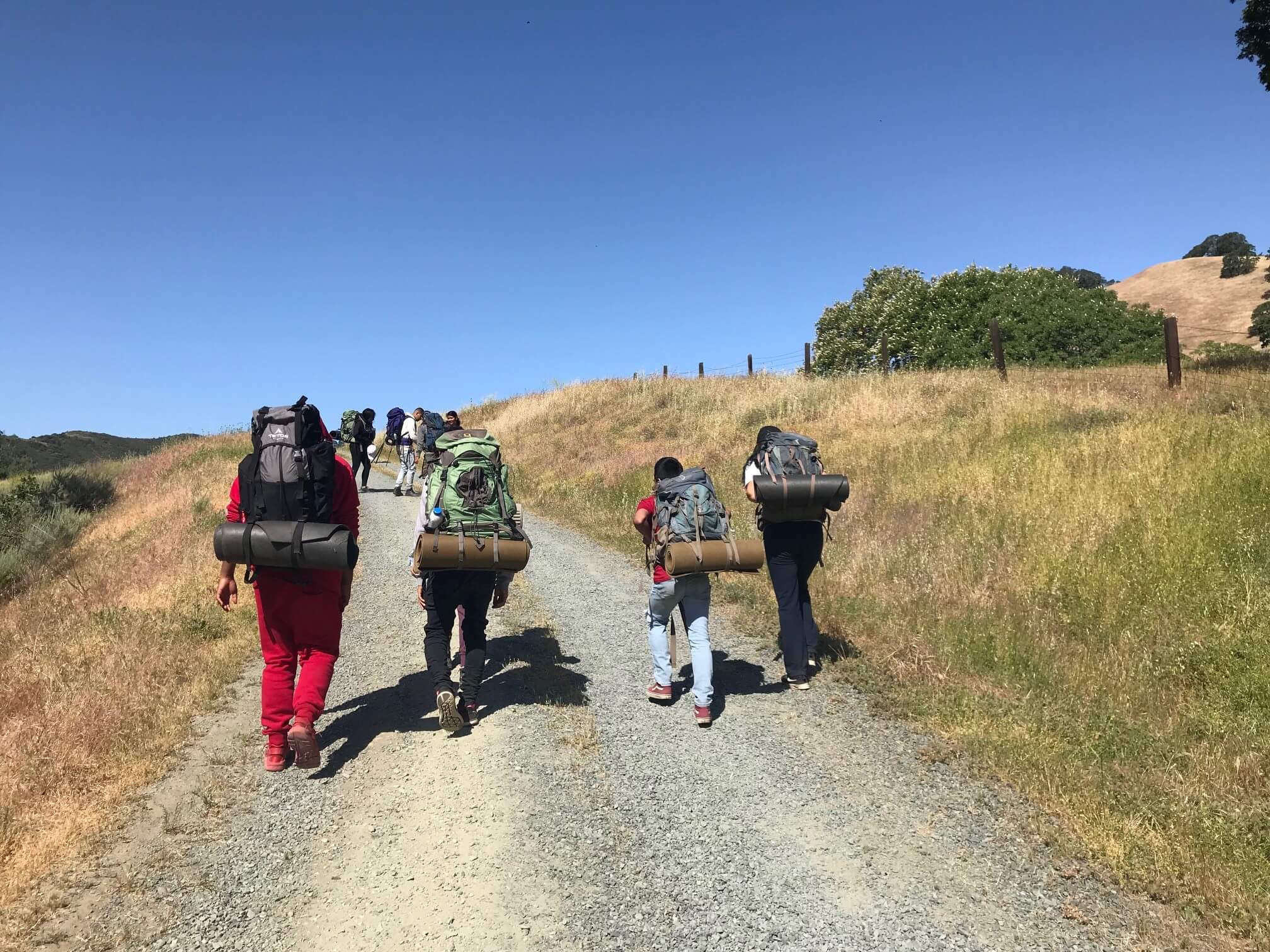
Next steps
Moving forward, we are excited about the 2019 school year and curious to see what group of students we will get. We are continuing to refine our programming based on student feedback, and always working to tailor our efforts to the individual needs of our students. Next year we are planning to include additional long-term support in the form of monthly alumni events throughout the school year. Based on one student’s suggestion, we are also incorporating increased one-on-one support to help students in and out of school.
We are so thankful to the Philanthropic Ventures Foundation and the Bay Area Inspire Awards for providing most of our funding for the 2018 MERO program! If you want to learn more about MERO and our incredible students, please check out our website and like us on Facebook.
